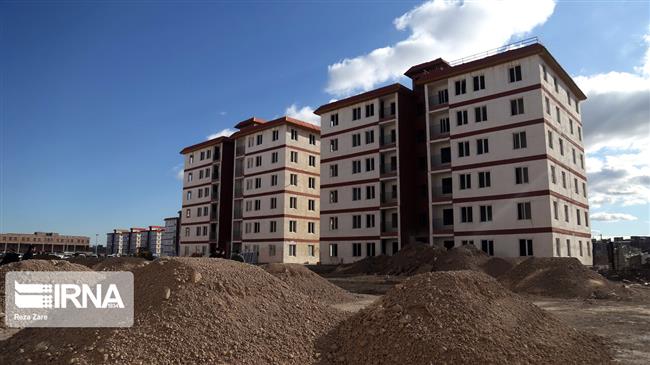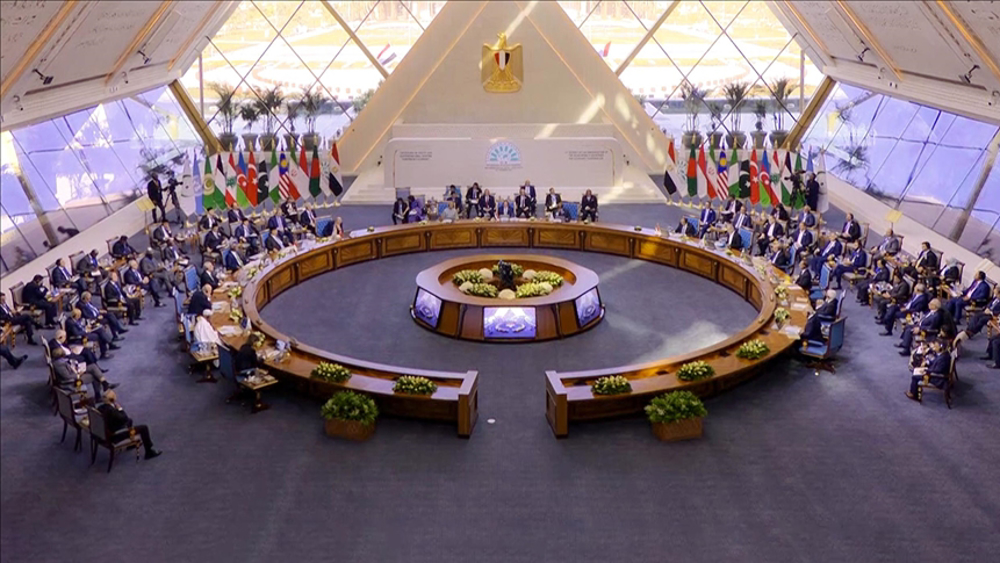Iran’s new finance minister says tax-to-GDP ratio should increase by 50%
Iran’s newly-appointed finance minister says he will seek to implement plans in his four-year term in the government to have the ratio between tax and the country's gross domestic product (GDP) increased by a half.
Ehsan Khandouzi, who took over as Iran’s Minister of Economic Affairs and Finance earlier this week, said on Sunday that a main mission for the ministry in the next four years would be to modernize tax procedures in the country.
“I have made a commitment that we should make efforts to increase tax-to-GDP ratio by 50% over these (upcoming) four years on the condition that taxation should be fair and (technologically) smart,” said Khandouzi while addressing heads of tax offices in the Iranian provinces.
Latest estimates suggest Iran’s tax-to-GDP ratio was around 6.6% for the year to December 2018, down by nearly one percent compared to the year before that.
The country collected 1,838.36 trillion rials of tax (over $14 billion at the then exchange rate of IRR 130,000= $1) in the same year.
Tax-to-GDP ratio plummeted to just over 4% in the fiscal year to March 2020 mainly because of a nearly double increase in exchange rates.
The target set by the new finance minister would mean that Iran, a resource-based economy, would seek to further diversify the economy from crude revenues and rely more on tax to fund government spending.
The policy would clearly help Iran earn more from taxation at a time the country’s finances have been strained by American sanctions and the spread of the coronavirus pandemic.
VIDEO | Iran-Syria: For Resistance
Qassam Brigades claims killing 3 Israeli troops in northern Gaza
More alive than ever: Sayyed Hassan Nasrallah's legacy grows stronger in martyrdom
Occupation of Syria’s highest peak Mount Hermon part of ‘Greater Israel’ project
Iran: Syrian people will decide their future without foreign interference
IRGC says Iran’s power exceeds borders, warns enemies to adjust themselves
Dozens detained, several wounded in Israeli raids in West Bank
‘Ethnic cleansing’: Hamas blasts Israeli attacks on Gaza hospital amid intl. silence











 This makes it easy to access the Press TV website
This makes it easy to access the Press TV website